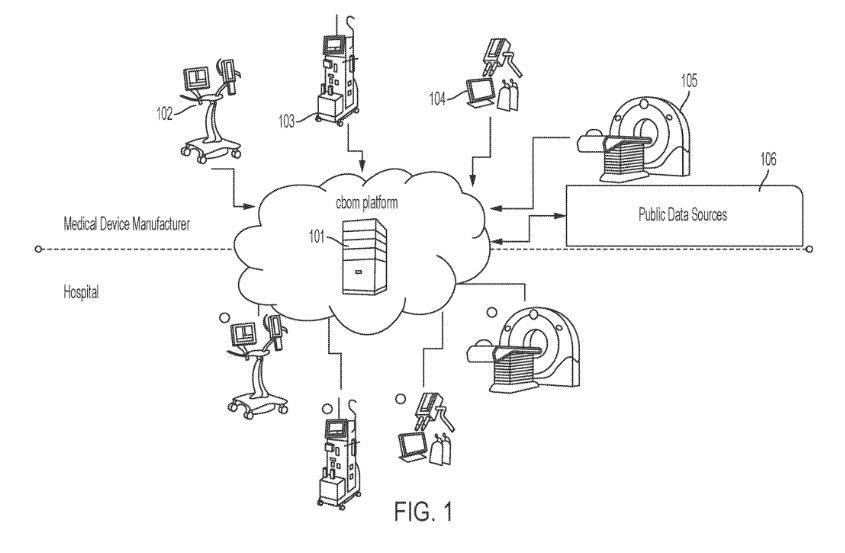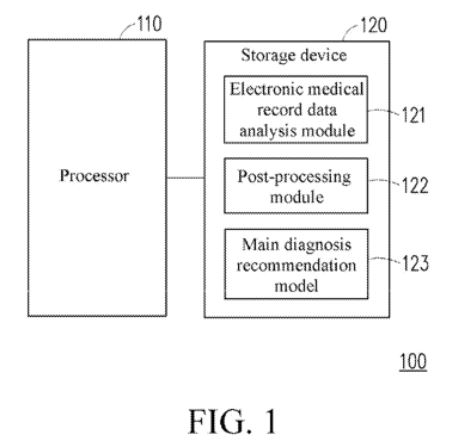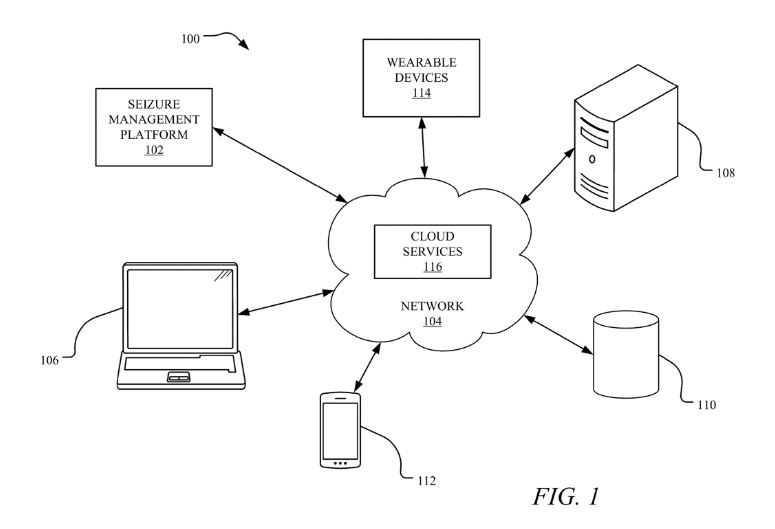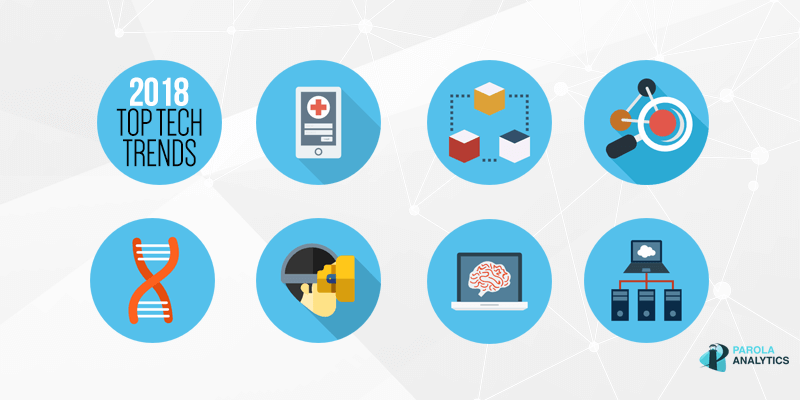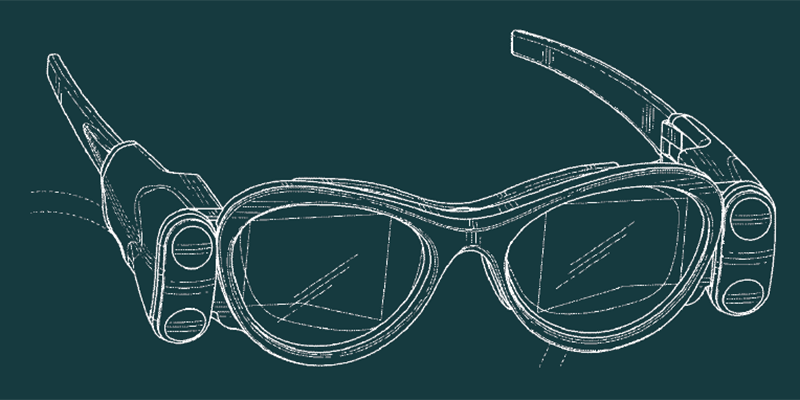As healthcare is becoming increasingly data-driven, we can expect that the use of AI, specifically machine learning, for tasks such as diagnosis and treatment forecasting will become even more ubiquitous. And with this wealth of health data, increased cybersecurity measures to safeguard against cyberattacks, secure patient data, and ensure uninterrupted medical services become just as crucial. Expanding on our prior discussions about cybersecurity and machine learning, this article looks into recent patent applications in healthcare that employ various machine learning and cybersecurity innovations.
Vigilant Ops | Medical device cybersecurity platform
Section 3305 of the $1.7 trillion 2023 omnibus bill, titled “Ensuring Cybersecurity of Medical Devices,” authorizes the Food and Drug Administration (FDA) to require any party submitting a “cyber device” (medical device that is internet-connected or includes software) for approval to have a proactive plan for monitoring, identifying, and mitigating healthcare cybersecurity risks.
Original Equipment Manufacturers (OEMs) are mandated to give the FDA sufficient proof of their devices’ present cybersecurity and establish procedures to maintain this security in the future. This could involve rolling out essential updates and patches post-market. They must also submit to the FDA “a software bill of materials, including commercial, open-source, and off-the-shelf software components” or CBOM.
Vigilant Ops, a company specializing in medical device cybersecurity, introduced the Insight Platform V1 in 2020, which automates and streamlines the creation of a CBOM.
Their recent patent application uses an interrogation module to create a CBOM which includes information associated with the medical device. These may include the name of the hardware/software, version number, operating system, and the manufacturer. Additional information may also include the device generator, device password and the device administrator. This allows the system to determine the identity of the device and generate the CBOM based on this identity. The CBOM is then assessed and compared to a vulnerability database to identify potential risks. If the CBOM presents a security risk, the user of the system is notified. In addition to evaluating the CBOM, the system also attempts to determine if the firmware of the device is updated. When determined that the device is not updated, the system will receive a patch directly from the manufacturer’s database to update the medical device.
According to a company press release, their InSight Platform continuously scans for vulnerabilities in identified device components using artificial intelligence and machine learning, allowing device manufacturers to proactively address newly identified threats.
U.S. Patent Application 2023/0244791 was filed on May 11, 2021 and was published on August 3, 2023.
ASUSTek | Electronic medical record data analysis system and electronic medical record data analysis method
Electronic medical records (EMR) usually contain basic information related to a patient’s medical history. The EMR system often serves as a central interface for doctors and other medical professionals to coordinate and facilitate care. However, it is time-consuming and ineffective for medical staff to manually complete records and categorize illnesses using the International Classification of Diseases.
The EMR system of the ASUSTek’s patent application has a software module to analyze the EMR data which includes a text analysis model that is pre-trained using historical EMR data. This software module not only analyzes text within the EMR data but also analyzes the International Classification of Diseases to generate candidates for diagnosis in the form of disease diagnosis codes. These candidate diagnosis codes are ranked based on the degree of the disease’s correlation with that of the EMR data. The processor then produces an initial list of diagnoses by sorting the codes according to the degree scores. The list is further processed in accordance with the coding rules of the International Classification of Diseases which then produces the recommendation list of diagnoses.
U.S. Patent Application 2023/0245735 was filed by ASUSTek on June 28, 2022 and was published on August 3, 2023. In 2021, ASUSTek introduced five smart medical solutions, one of which is the Lumos EMR search platform. ASUSTek collaborated with the Chung Shan Medical University Hospital in Taiwan to deploy the AI-based search engine and provide real-world data, such as trends and disease causes, to aid in clinical treatment and research.
EnlitenAI | Digital health platform for artificial intelligence based seizure management
Neurologists are typically absent during seizures, which can happen at any moment. As a result, patients or caregivers frequently rely on their capacity to remember the precise specifics of the seizure during check-ups. To resolve this issue, patients or caregivers use a mobile application to create a daily journal of the seizure events. Wearable sensors are also now available to detect seizures. However, neurologists still don’t have access to detailed information and trends about how epilepsy may progressively develop.
EnlitenAI, a digital health start-up company, addresses this issue by developing a cloud-based seizure management system that allows for tailored seizure management while ensuring connection among various stakeholders. In their patent application, by using a wearable sensor, the system continuously tracks the user’s or patient’s vital signs and compares these vital signs to the patient’s baseline vital data signs to detect an occurrence of a seizure. This comparison method may employ a machine learning algorithm which can adjust its model parameters based on a clinician’s feedback regarding the accuracy of the prediction. In addition to the prediction, a health practitioner may receive an alarm indicating the condition of the patient. Neurologists and other health care professionals will find this approach useful in tracking the development of the patient’s symptoms in real time.
In 2022, EnlitenAI partnered with UCHealth to monitor patients with drug-resistant epilepsy at home. The study used EnlitenAI’s cloud-based platform Neuroliten, allowing neurologists to create patient-specific seizure treatment strategies.
U.S. Patent Application 2023/0245769 was filed on November 21, 2022 and was published on August 3, 2023.
More on Machine Learning and Cybersecurity in our Parola Analytics 2023 Technology Trends Report.

